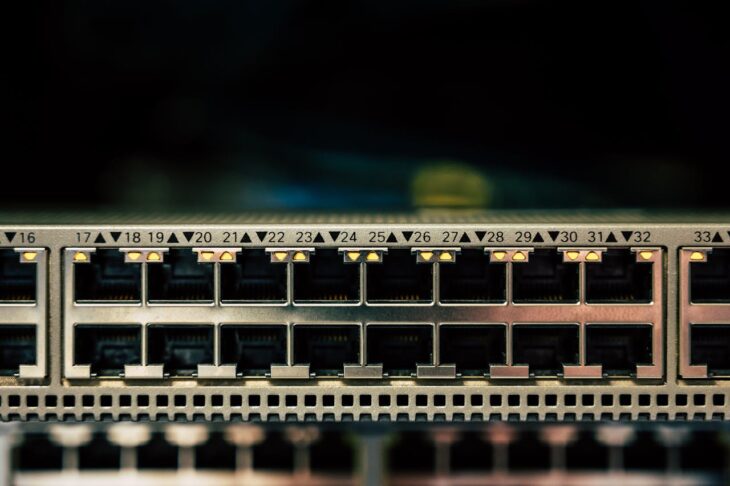
Bitcoin Mining: What Is It?
In simple terms, Bitcoin mining is the process of creating new bitcoins through the use of powerful computers and solving complex mathematical equations. These equations are part of the verification process for every Bitcoin transaction, and once successfully solved, the miner is rewarded with a certain amount of Bitcoins. This process is crucial in maintaining the security and integrity of the Bitcoin network.
So how does Bitcoin mining actually work? To understand this, we need to look at the technology behind Bitcoin – blockchain. Blockchain is a decentralized digital ledger that records all Bitcoin transactions in chronological order. Each block in the blockchain contains a set of transactions, and to add a new block to the chain, miners need to solve a mathematical puzzle called a proof-of-work. The first miner to solve the puzzle and verify the transactions in the block is rewarded with a certain number of Bitcoins.
The proof-of-work algorithm is designed in such a way that it becomes increasingly difficult to solve as more miners join the network. This ensures that new Bitcoins are not created too quickly, limiting the total supply of Bitcoins to 21 million. It also makes it extremely difficult and expensive for anyone to manipulate the network or double-spend their Bitcoins.
Bitcoin mining requires specialized computer hardware, known as application-specific integrated circuits (ASICs), to maintain profitability. These powerful machines are designed solely for mining purposes and consume a lot of electricity. In fact, according to a study by the Cambridge Centre for Alternative Finance, Bitcoin mining consumes more energy than entire countries like Portugal and Ireland.
Miners also need to consider the cost of electricity in their mining operations since it directly affects their profits. This has led to the creation of large-scale mining operations, with multiple miners pooling their resources to increase their chances of solving the proof-of-work algorithm and earning Bitcoins.
Aside from the financial incentives, Bitcoin mining also plays a vital role in maintaining the decentralized nature of the cryptocurrency. As more miners join the network, the computational power increases, making it more difficult for any one miner or group of miners to control the majority of the network and manipulate transactions. This decentralization is one of the key features of Bitcoin, and mining helps to ensure its sustainability.
However, the high costs associated with Bitcoin mining have made it a less viable option for individuals in recent years. Many miners have moved to cheaper electricity sources and countries with favorable regulations to maintain their profits. There has also been a rise in alternative mining methods, such as cloud mining and mining pools, which allow individuals to pool their resources and benefit from shared profits.
Bitcoin mining is an essential component of the Bitcoin ecosystem, responsible for creating new Bitcoins and maintaining the security of the network. It is a complex process that involves powerful computers, a lot of energy, and specialized hardware. As the world becomes more aware and accepting of cryptocurrencies, the role of Bitcoin mining will continue to evolve and play a crucial part in the success of Bitcoin.

 Bitcoin
Bitcoin  Ethereum
Ethereum  Tether
Tether  XRP
XRP  Solana
Solana  USDC
USDC  Dogecoin
Dogecoin  Cardano
Cardano  TRON
TRON